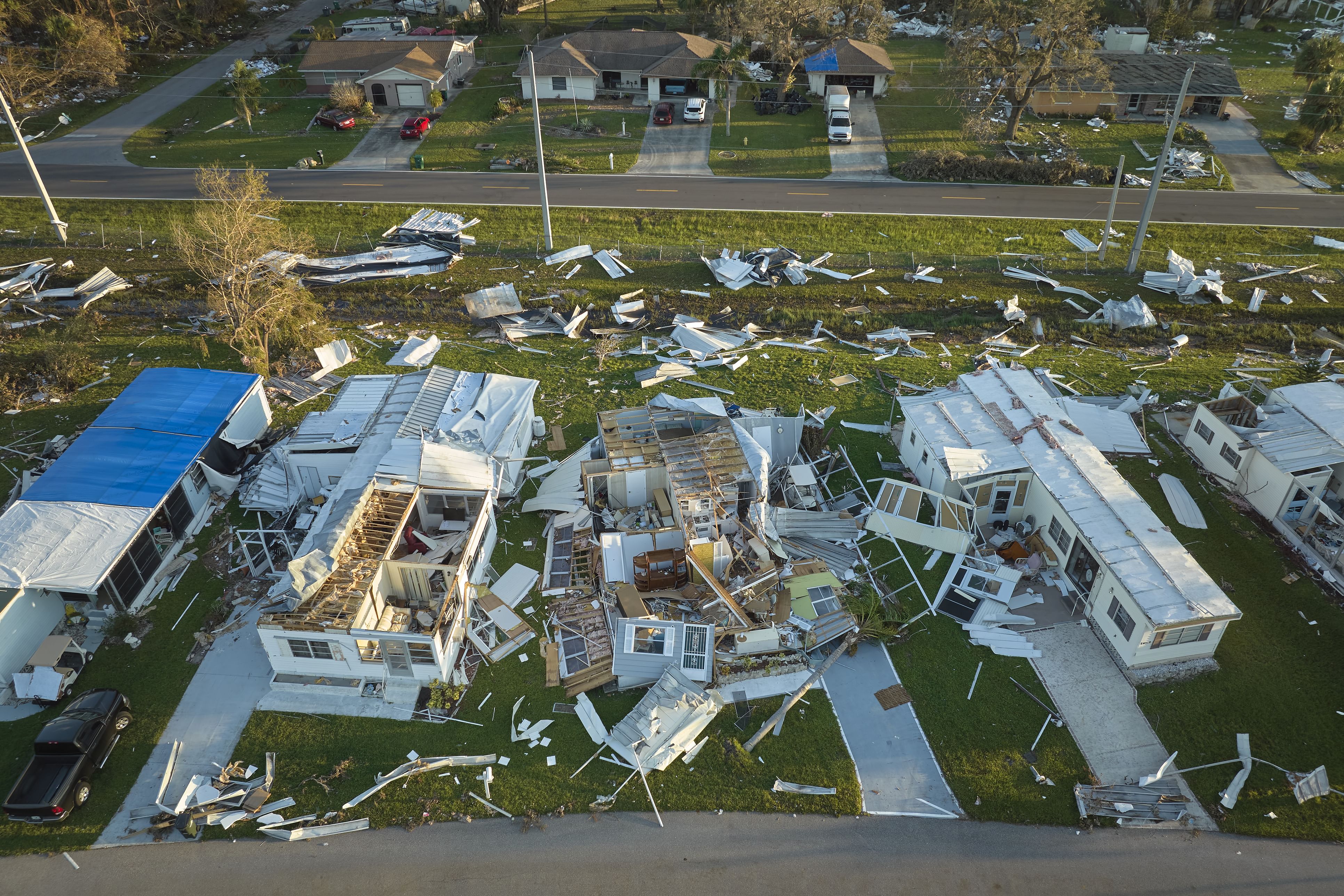Jan 14th, 2025
FEMA, NOAA, and Project 2025: Disaster Response Shifts

By: Nichole Fandino
FEMA (the Federal Emergency Management Agency) and NOAA (the National Oceanic and Atmospheric Administration) play crucial roles in addressing the impacts of natural disasters, through both preparation and response strategies. This year alone, the United States has experienced 24 extreme weather events, each causing damages over $1 billion. Despite this, these agencies face scrutiny from groups advocating for reduced government expenditure on climate change mitigation and disaster preparedness.
FEMA provides essential financial support for disaster recovery, significantly covering the costs associated with such events. After Hurricanes Helene and Milton, for example, FEMA allocated over $1.2 billion in aid, assisting thousands of households in North Carolina and Florida. As an example of disaster preparation, FEMA’s Staffing for Adequate Fire and Emergency Response Grants (SAFER), was created to provide funding directly to fire departments and volunteer firefighter interest organizations to help them increase or maintain the number of trained, “front line” firefighters available in their communities. Since its creation, SAFER has made 191 awards, totaling $360 million.
The suggested government streamlining and reorganization outlined in Project 2025 introduces controversial proposals that aim to significantly reduce FEMA’s financial involvement in both disaster recovery efforts, and its assistance for disaster preparation. Rather than be a “first responder,” FEMA would instead provide support for states or be removed from this area entirely. This shift would be intended to force state and local governments to be fully equipped to mount a response, rather than rely on the federal government.
Let's work together. Contact us.
The proposals also suggest more of FEMA’s work be shifted to the private sector. FEMA, for example, currently provides almost all flood insurance coverage in the United States and has paid $80 billion towards homeowners’ repairs. Project 2025 calls for removing this program from the federal government and allowing private insurance companies to provide this service. Whether private insurance companies would enter the market, however, and at what cost, seems highly unlikely in today’s insurance environment.
The proposed deep cuts to funding for FEMA, and the suggestion of a shift in its responsibilities, raises critical questions about the potential impact on our disaster responses. How will these changes affect our ability to forecast, respond to, and recover from the increasing challenges posed by natural disasters? Reflecting on the importance of these agencies may prompt us to consider what the future of disaster preparedness should look like in an era of escalating climate events.
Want to learn more? Watch this related video below
About Us
The Law Office of Jennifer F. Novak Environmental Law represents property owners and businesses in environmental litigation and regulatory matters. Our practice focuses on soil and groundwater remediation, Clean Water Act citizen suits, compliance with Water Board orders (including under Sections 13304 and 13267), and other environmental legal challenges. We provide strategic counsel to clients navigating complex environmental regulations while ensuring fairness in enforcement and compliance.
For dedicated legal representation in environmental litigation and compliance, contact The Law Office of Jennifer F. Novak Environmental Law.